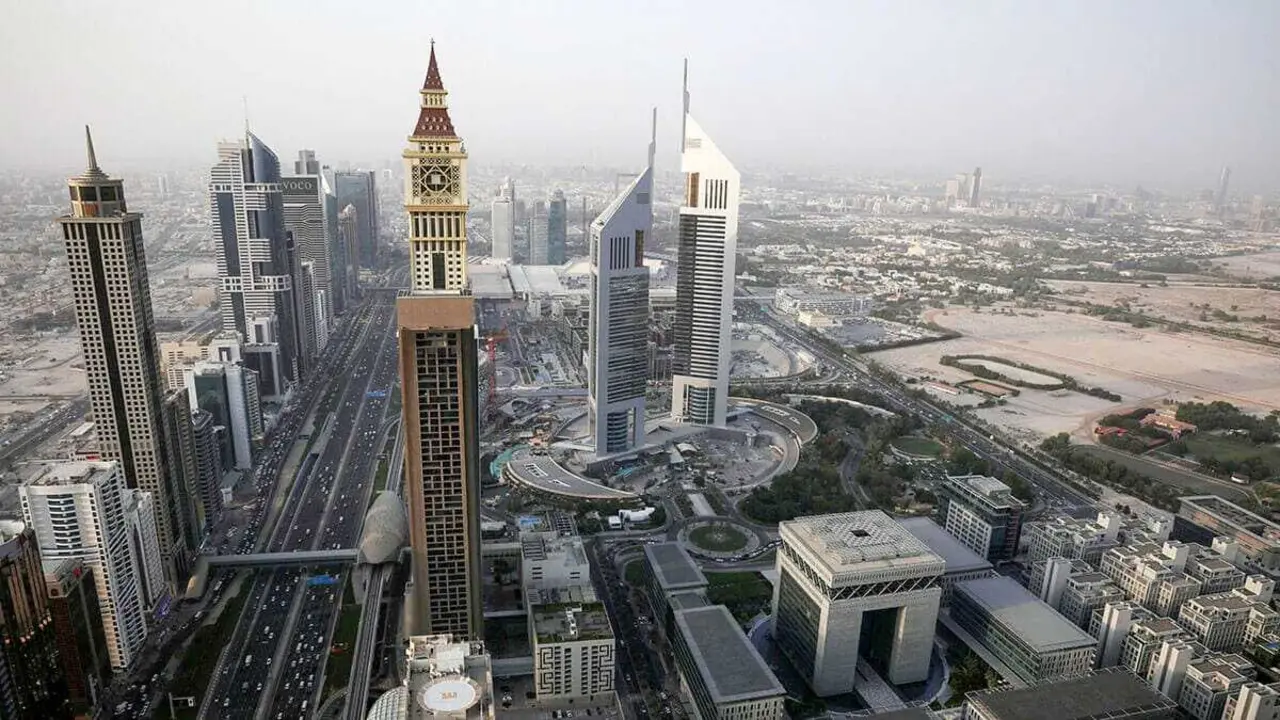How can women revive SMEs at the borders?

The Association of Women Entrepreneurs of Pando, in the Amazon region that Bolivia shares with Peru, is actively involved in training to keep their businesses afloat after a year of the pandemic. "No one is going to say: '2020 went well for me', so there are many who have become discouraged. That's why these workshops are very important for us because they help us to innovate, to learn something and to wake up if we are very dull," said Kaira Farah, a pastry chef who runs the business she inherited from her mother.
The workshop 'Gender and Entrepreneurship: Training for Women Entrepreneurs' is part of the initiatives of the Integrated Border Management Program of CAF, Development Bank of Latin America, which aims to contribute to expand access to global markets through regional integration, and help foster better intra-regional flows that promote productive chains and local development.
"This training has given us the opportunity to identify ourselves, recognise our potentials and arm ourselves with strategies to be able to strengthen our businesses and provide better services. We have to acquire the tools and knowledge to be competitive", said Ruth Arauz, stylist and owner of Rubor París in Cobija.
Improving low structural productivity in border areas by supporting the formulation of business plans for small producers and small and medium enterprises (SMEs), with an emphasis on assisting vulnerable populations such as women and youth, are some of the tools being implemented to close the gender gap and promote post-pandemic reactivation.

"Borders are key to promoting trade and linkages between enterprises. Support for entrepreneurship promotes local development through the formulation of business plans for small businesses, the search for and generation of new markets and products, as well as the association of producers and entrepreneurs to facilitate access to financing, among others," explained Ana María Sanjuan, CAF's Director of Regional Initiatives.
Supporting women entrepreneurs becomes even more relevant when reviewing the employment figures from the pandemic. In 2020, women's job losses stood at 5 per cent, compared to 3.9 per cent for men. In other words, 64 million women lost their jobs during the pandemic, according to figures from the International Labour Organisation (ILO).
"We need to act now to prioritise the creation of jobs that benefit women and men equally; invest in universal care policies to support workers with care responsibilities; advocate for more women in leadership positions; and ensure the dignity and security of all men and women participating in the labour market," said ILO Director-General Guy Ryder.
The picture in Latin America is not encouraging. The latest ECLAC projections indicate that poverty this year will increase by 37.3 per cent to 231 million people, some 118 million of them women. Also, some 98 million people will live in extreme poverty (15.5 per cent) and will be at risk of hunger because they will not be able to meet their basic food intake needs. Unemployment will be around 13.5 per cent, an increase of 44 million people, and Gross Domestic Product (GDP) will contract by 9.1 per cent.

"We are facing a situation that will last longer than expected, that will require more fiscal resources and, therefore, we need to rethink how we are going to rebuild ourselves in a more egalitarian, more inclusive and more sustainable way," said Alicia Bárcena, ECLAC executive secretary.
Border areas have been severely affected during the pandemic by migration restrictions and reduced trade flows due to biosecurity protocols. Beyond the progress made in vaccination plans and the normalisation of cargo flows, strengthening SMEs will, in the long term, boost social development, the generation of formal employment and economic activity.








